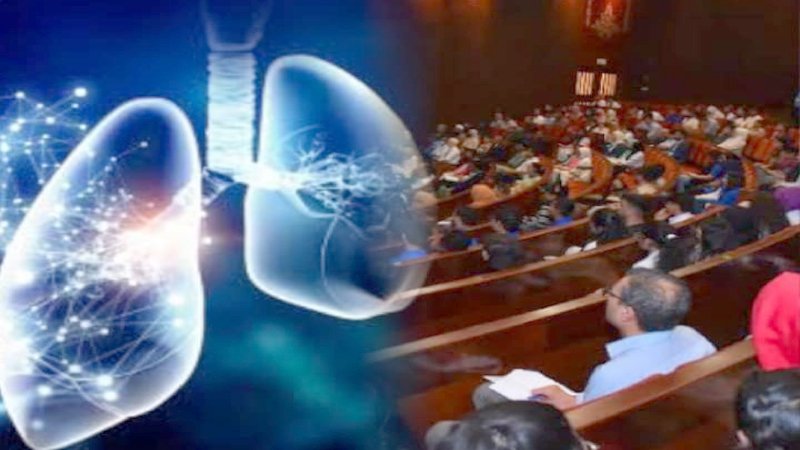“Sharing ideas is the first step towards innovation,” said Prof. Atta-ur-Rehman, a UNESCO Science Laureate.
healthcare system, economy, and general standard of living.
Through the gathering of specialists from academic institutions, research facilities, and global healthcare organisations, the conference in Pakistan sought to encourage collaboration between clinical specialties and basic science.
“Sharing ideas is the first step towards innovation,” said Prof. Atta-ur-Rehman, a UNESCO Science Laureate and Professor Emeritus at the International Centre for Chemical and Biological Sciences at the University of Karachi.
“This conference is an unprecedented move towards encouraging discussions about the challenges associated with the field of stem cell science.” The former Federal Minister of Education, Science, and Technology of Pakistan was Prof. Rehman.
The discussion featured contributions from 50 experts from all over the world, including keynote addresses from Marita Eisemann-Klein from Germany, Catherine Prescott from Cambridge Network, and Helena Pereira De Melo from Nova School of Law Lisbon, Portugal, to name a few.
The conference featured eminent speakers, the majority of whom were invited from countries other than Pakistan.
Professor Arnold Richard Kriegstein, from the University of California, San Francisco’s (UCSF) Eli and Edythe Broad Center of Regeneration Medicine and Stem Cell Research, praised the Aga Khan University for its innovative efforts to launch stem cell research in Pakistan and expressed pride in working with the university to establish the stem cell centre at AKU.
Professor Ather Enam, the Scientific Director of AKU’s Juma Research Laboratory, emphasised the significance of the conference, which focused on bringing stem cell research from the bench to the bedside and into clinical trials.
Dr. Saleem Islam, the Chair of Surgery at AKU, stressed the importance of conducting basic science research in the region, despite the difficulties that come with it. He asserted that AKU and Pakistan must persevere in their commitment to undertaking challenging work.
Pre-conference workshops were conducted to provide researchers with hands-on training and capacity building in stem cell science and biotechnology.
The event also provided a platform for young researchers to showcase their work and engage with peers from around the world, fostering the exchange of scientific knowledge and building translational bridges. The conference proceedings are now available as a supplement in the Journal of the Pakistan Medical Association.
